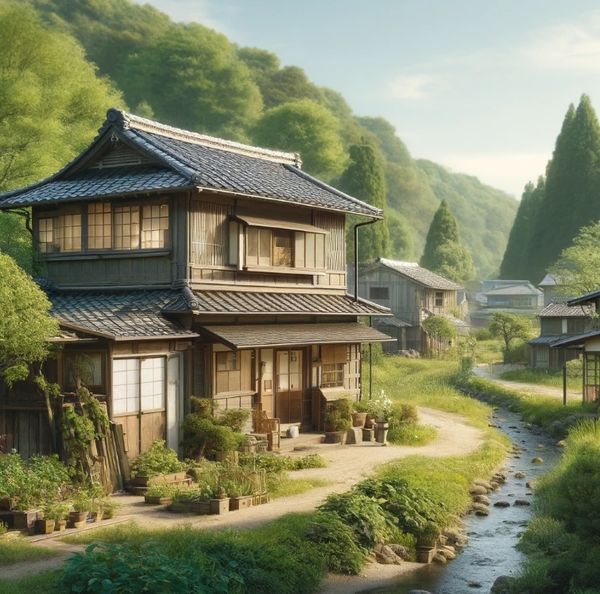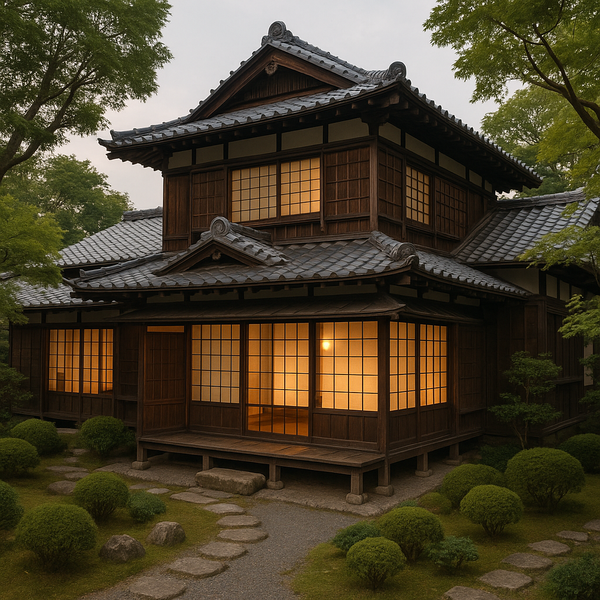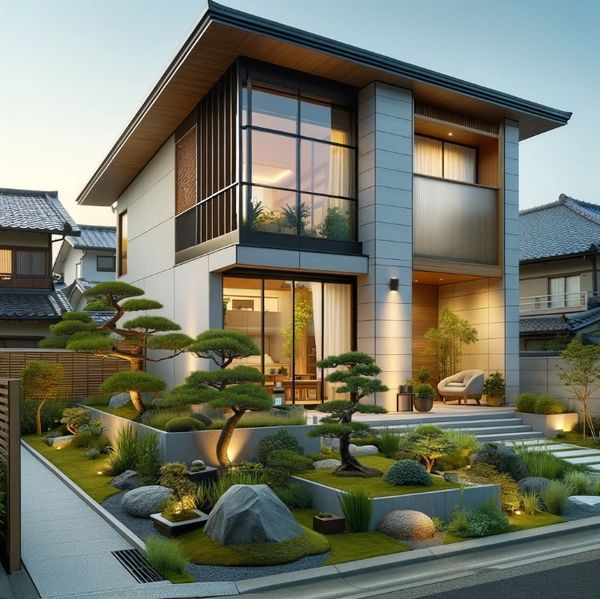How Much is a House in Japan? You might be surprised.
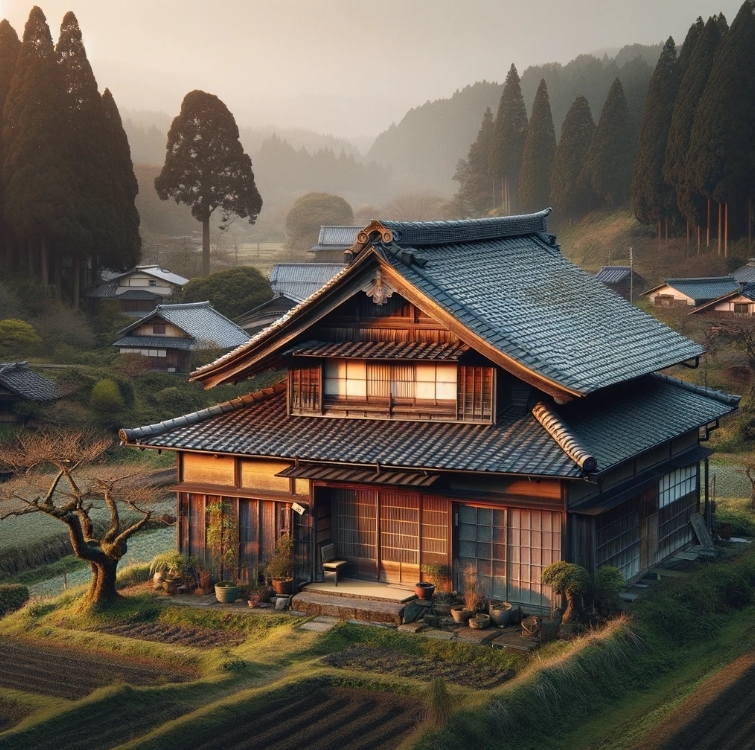
The real estate market in Japan has several factors which make it uniquely different from any other country. While the cost of living in Tokyo has gone up, the vast majority of Japan's more rural towns (known as the inaka) have seen the average cost of homes steadily decrease over the past several years. A massive migration from smaller Japanese cities into areas like Tokyo, Kyoto and Osaka is just one of the reasons this price gap is widening.
Key Takeaways
- The average price of a new house in Japan is approximately ¥35,760,000 (about $337,000).
- You can find abandoned homes, or "akiya", for as low as ¥500,000 (about $3,000).
- Japan's real estate market is influenced by factors like depopulation, high inheritance taxes, and a preference for newer builds.
- How is the price of a home in Japan determined?
Uniqueness of the New Home Market in Japan
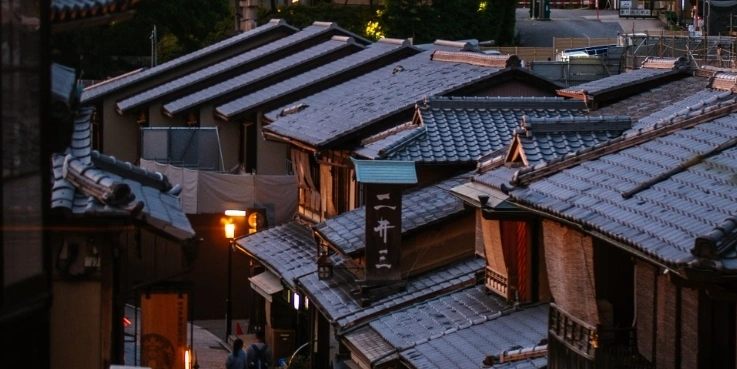
Why Japan's Market is Unique
One of the most notable characteristics of the new home market in Japan is that newly-built homes lose value quickly and are rarely used longer than 20 to 25 years before being demolished. This rapid depreciation occurs because everyone expects new residences to lose value rapidly. For many years, developers have had little incentive to build houses that would retain quality in the long term.
Key Factors Influencing Japan's New Home Sales
- Depopulation in Japan: The declining population reduces overall demand for housing.
- High Inheritance Taxes in Japan: These taxes can make it difficult for families to retain properties.
- Empty Homes in Japan: While many countries struggle to meet real estate demands, Japan has nearly 9 million empty homes.
- Short Housing Lifespan in Japan: Homes are often demolished after 20-25 years, leading to a constant demand for new builds.
- Preference for New Homes in Japan: There is a cultural and practical preference for new apartments and houses over older ones.
Comparative Analysis with Other Countries
This is the exact opposite of the residential market in the United States and United Kingdom, for example, where transactions in existing homes outnumber sales of new homes by about 10 to 1. As a result of this policy, combined with post-WWII demographic trends and a cultural preference for “new” things over “old” things, the overwhelming majority of residential sales in Japan are in the new home sector. In 2013, 85.3% of all residential sales in Japan were sales of new homes, according to the Ministry of Land, Infrastructure, Transport and Tourism (MLIT).
House Prices in Japan
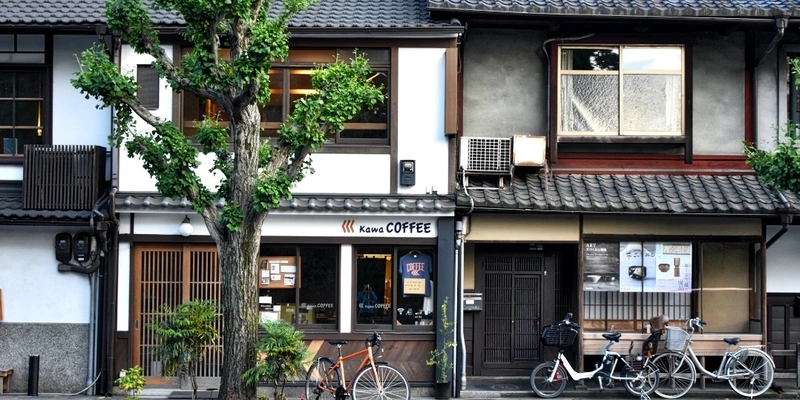
Overview of Current Market Prices
The average price of a new house listed for sale in Japan last month was ¥35,760,000 (about $220,000). This figure provides a baseline for understanding the current housing prices in Japan and how they compare to historical data.
Regional Price Variations
Prices vary significantly across different regions in Japan. For instance, urban areas like Tokyo, Osaka, and Kyoto tend to have higher property prices compared to rural areas. This variation is influenced by factors such as local economic conditions, population density, and availability of amenities.
Price Trends Over Time
The real estate market in Japan has unique characteristics that influence price trends. Factors such as depopulation, high inheritance taxes, and a high percentage of empty homes contribute to the fluctuating prices, especially in the market for second-hand houses. Understanding these trends is crucial for anyone looking to invest in or purchase property in Japan.
The Cost of Buying and Owning Property in Japan
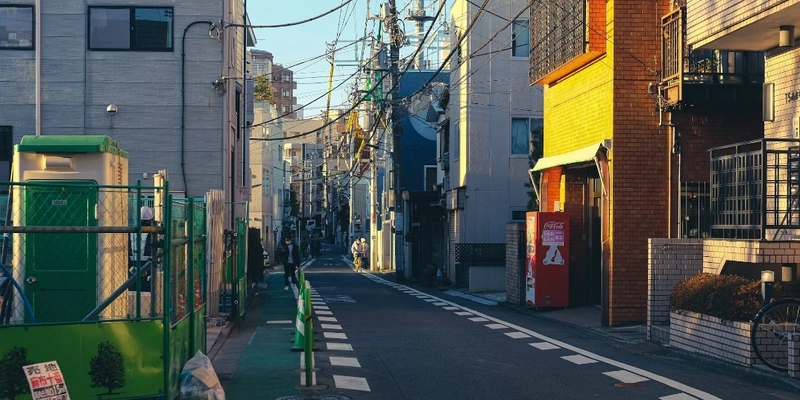
Initial Purchase Costs
When purchasing property in Japan, the initial costs can include the purchase price, deposit, down payment, and various fees such as registration, legal, and agent fees. The total initial cost is often significantly higher than just the listed price of the property.
Ongoing Ownership Expenses
Owning property in Japan incurs ongoing expenses including property taxes, maintenance fees, and insurance. These costs can vary based on the property's location, size, and type. It's crucial to budget for these expenses to avoid financial strain.
Financial Benefits and Drawbacks
Owning property in Japan can offer financial benefits such as asset appreciation and rental income. However, potential drawbacks include liquidity issues and the impact of market fluctuations. Careful consideration of these factors is essential for making informed investment decisions.
Average Property Prices in Japan
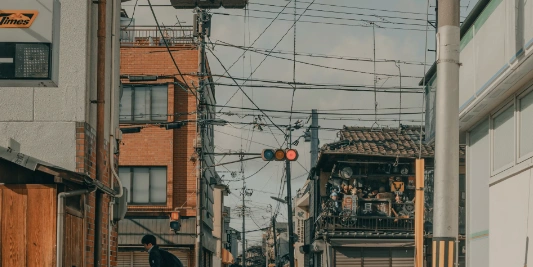
Data from Japan Institute of Life Insurance
Every year, the Japan Institute of Life Insurance releases data on the average property prices across the country. For 2021, the figures indicated a range for single-family homes from ¥30 million to ¥50 million (approximately $273,000 to $455,000 USD).
Analysis of 2021 Property Prices
The average price of a new house listed for sale in Japan last month was ¥35,760,000 (about $337,000). This reflects a stable market condition, with slight variations depending on the region and type of property.
Implications for Buyers
Buyers should consider the regional price variations and the type of property they are interested in to make informed decisions. Urban areas like Tokyo and Osaka command higher prices, often making them less accessible for first-time buyers or those with limited budgets.
How Much Does it Cost to Purchase a Home in Japan
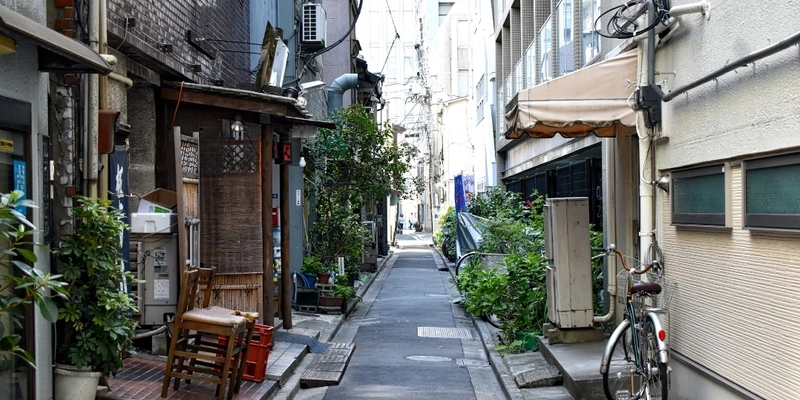
Price Factors and Variations
The cost of purchasing a home in Japan is influenced by a variety of factors including location, size, age, and condition of the property. Prices can vary significantly, with urban areas like Tokyo, Osaka, and Kyoto generally commanding higher prices due to their popularity and economic status.
Cost Comparison by Property Type
In Japan, the type of property also affects the price. For example, a single-family home typically costs between ¥30-50 million (approximately $273,000-$455,000 USD). Comparatively, newer properties might be priced higher due to modern amenities and construction standards.
Advice for Potential Buyers
For those considering buying a house in Japan, it is crucial to understand the market and consider all costs involved, including taxes, fees, and commissions. Engaging a local real estate agent can provide valuable insights and help navigate the complexities of the Japanese real estate market.
Market Trends
Current Trends in Japanese Real Estate
The Japanese real estate market is experiencing a dynamic shift, with increased construction activity and a growing interest in both residential and commercial properties. The trend towards more construction, despite fluctuations, has been consistent since early 2018, indicating a robust demand for new housing.
Predictions for Future Market Movements
Economic changes in specific regions, such as the development of new commercial complexes or the establishment of major corporate bases, are expected to drive real estate prices upwards. This regional economic development suggests a bullish outlook for property values in these areas.
Impact of Global Economic Changes
Global economic shifts have a profound impact on Japan's real estate market. The stability and scale of the market help it withstand external pressures, but factors like global financial crises or changes in foreign investment policies can still influence market conditions significantly.
Stay ahead of the curve with our latest insights on market trends in the Japanese real estate sector. Discover how you can benefit from the current market conditions by visiting our 'Market Trends' section. For more detailed information and to view our newly added listings, click here.
Conclusion
In conclusion, understanding the real estate market in Japan requires a nuanced approach due to its unique characteristics. The average price of a new house in Japan hovers around ¥35,760,000 (approximately $337,000), with variations depending on location, size, and other factors. Whether you are a local resident or an international buyer, the current market conditions, influenced by factors such as currency exchange rates and regional economic trends, offer a range of opportunities. As the market continues to evolve, staying informed and understanding the underlying factors affecting prices will be key to making wise investment decisions in Japanese real estate.
Frequently Asked Questions
What is the average price of a new house in Japan?
As of last month, the average price of a new house listed for sale in Japan was approximately ¥35,760,000 (about $337,000).
Can foreigners buy real estate in Japan?
Yes, both residents and non-residents can purchase real estate in Japan. The current exchange rates make it more affordable for those living overseas.
What are the typical costs involved in buying a house in Japan?
The average price of a single-family home ranges from ¥30 million to ¥50 million ($273,000-$455,000 USD). Additional costs include taxes, fees, and commissions which can vary widely.
How does the real estate market in Japan differ from other countries?
Japan's real estate market is influenced by factors like depopulation, high inheritance taxes, a high percentage of empty homes, and a preference for newer builds, which affect pricing especially for second-hand houses.
What are the main factors affecting house prices in Japan?
Major price factors include the property's location, age, and proximity to public transportation like train stations or bus stops.

